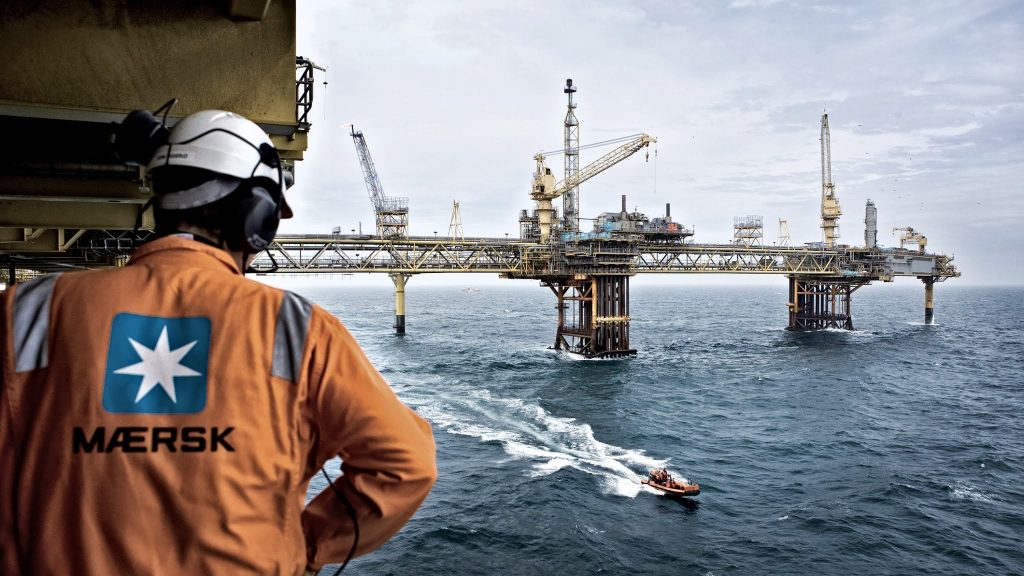Total has announced that it will be buying Maersk Oil, the oil and gas company owned by the AP Moller Maersk Group, in a $7.45bn deal.
According to Total, this will strengthen its operations in the North Sea, and raise its output to three million barrels per day by 2019.
Under the agreed terms, AP Moller Maersk will receive a consideration of $4.95bn in Total shares, and Total will assume $2.5bn of Maersk Oil debt. Total will issue to AP Moller Maersk 97.5 million of shares, based on the average Total share price on the 20 business days prior to August 21 (signing date), which will represent 3.75% of the enlarged share capital of Total. Underpinning this share-based partnership, subject to Total shareholders approval, Total has also offered the possibility of a seat on its board of directors to AP Moller Holding, the main shareholder of AP Moller Maersk.
The transaction is expected to be complete in the first quarter of 2018. It is subject to regulatory approval from relevant authorities, including the Danish minister of energy, utilities, and climate, and competition authorities, plus the required consultation and notification processes with Totals employee representatives, Maersk said in a statement.
This will give Total another foot into the North Sea, using Denmark as a regional hub for its operations in the region. It also gives Total the ability to ramp-up production should oil prices rebound.
Patrick Pouyanné, chairman and chief executive of Total, said: We have an exceptional opportunity to boost the combined competitive position in several core upstream regions and deliver growth, value creation, and career opportunities.”
Total said it expected to generate operational, commercial, and financial synergies of more than $400mn annually by combining the assets of the two firms. Pouyanné said that the additional value to the companys portfolio would help it reach a lower breakeven oil price. The deal could see some job cuts particularly in Britain where there are overlaps, Total said, adding that it could make additional cost savings of about $200mn per year.
The deal ranks among the largest that a super-major has done since oil prices crashed in 2014. Energy deals have picked up pace more broadly in recent months as the industry puts the worst of the slump behind it, although major oil companies have tended to be sellers.

